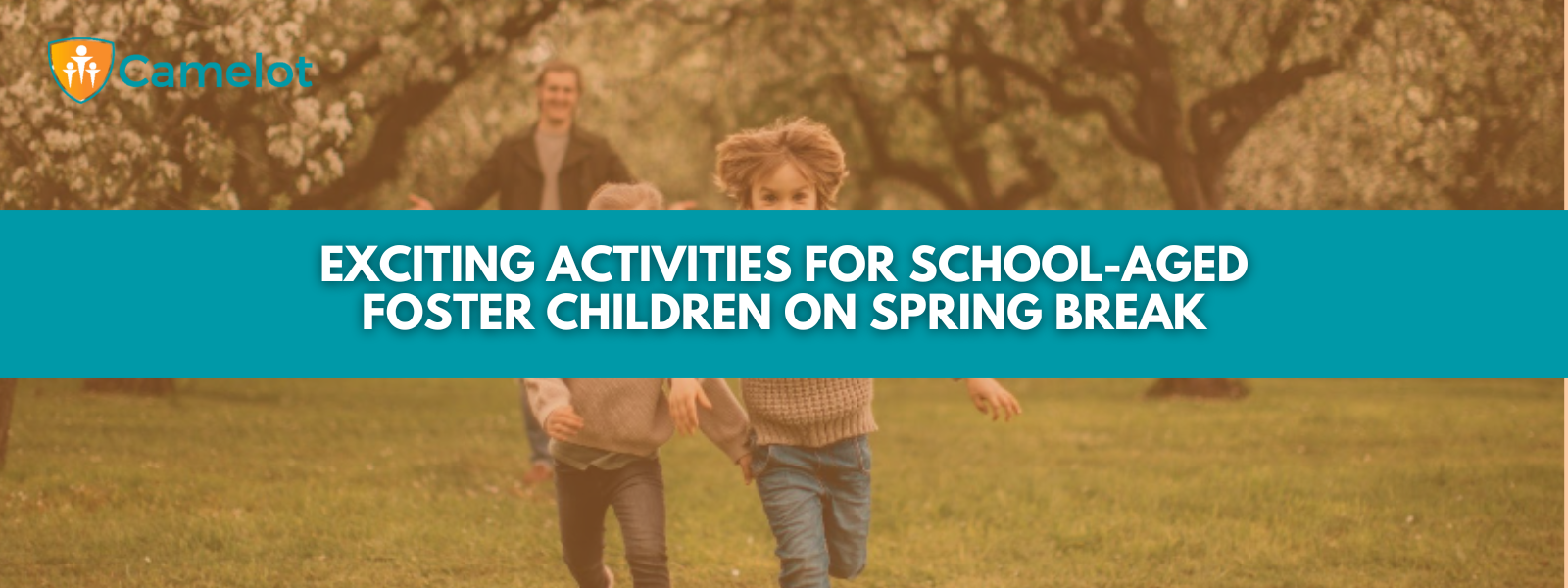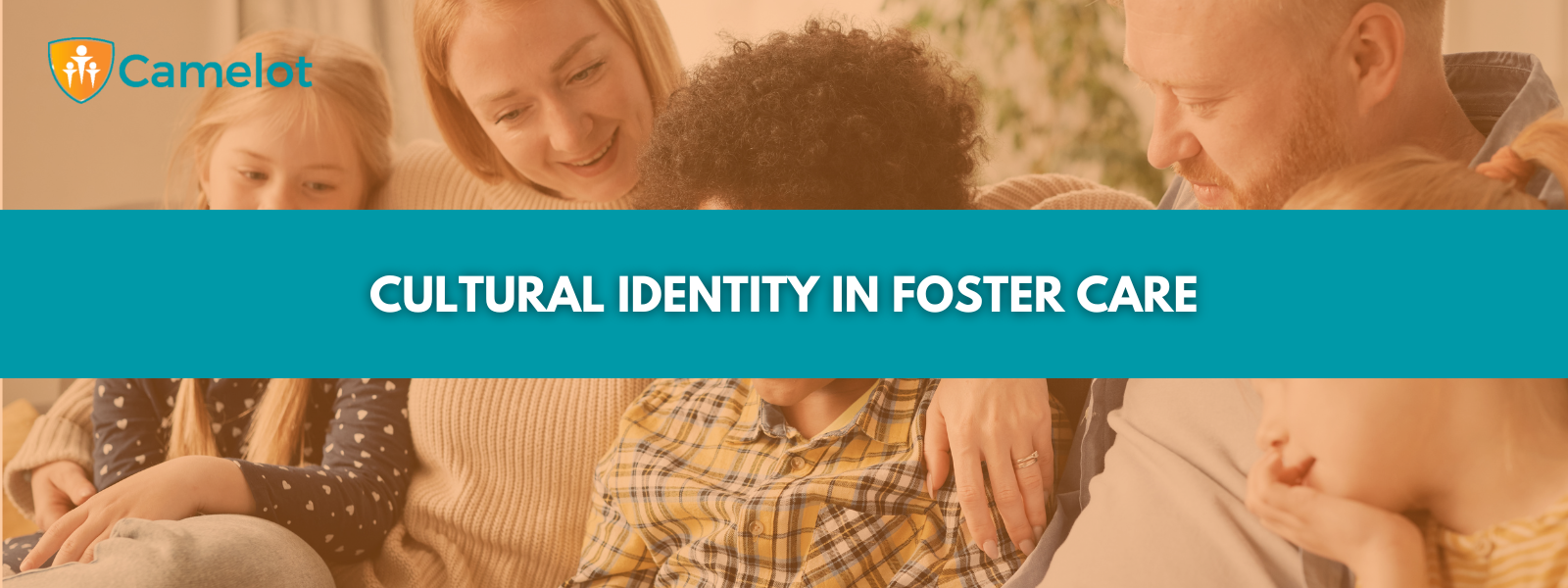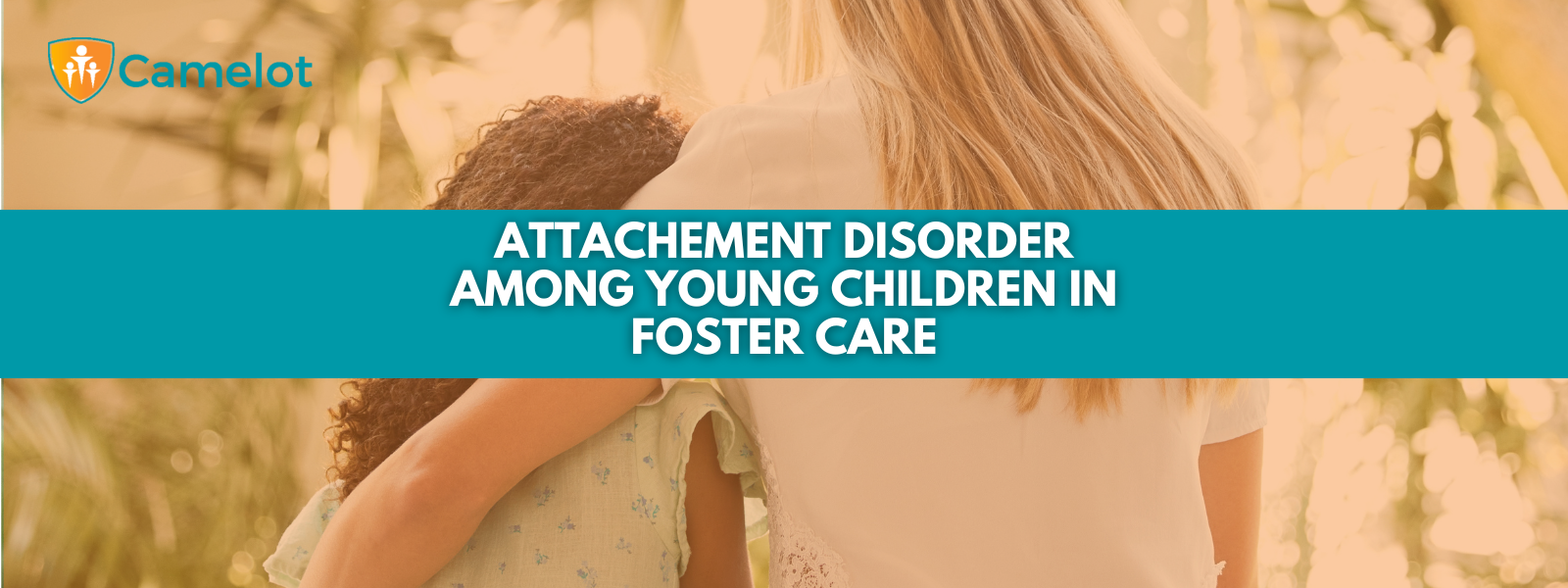PTSD in Foster Kids
PTSD in Foster Kids

Post-traumatic stress disorder (PTSD) is a mental health condition that develops in response to a traumatic event or a series of traumatic events. PTSD can have a significant impact on an individual's mental and physical health, affecting their ability to function in daily life. Foster children are at a higher risk of experiencing trauma and developing PTSD. As PTSD Awareness Month approaches in June, it is important to engage in meaningful conversations about the condition. Keep reading to learn more about the prevalence of PTSD in foster kids, the causes and symptoms, the impact of PTSD, and the available treatment options.
The Prevalence of PTSD in Foster Kids
Children who enter foster care often come from homes where they have experienced neglect, physical or emotional abuse, or other forms of trauma. These traumatic experiences can have a significant impact on their mental health and increase their risk of developing PTSD. According to studies, up to 30% of children in foster care meet the criteria for PTSD, which is much higher than the general population's prevalence rate.
The reasons for this are manifold. Children prior to foster care often experience multiple traumatic events. There is also uncertainty caused due to separation from their biological families and frequent moves. These experiences can lead to a sense of instability and insecurity, which can intensify PTSD symptoms. This is why foster care can be so reassuring for children as they are granted some stability. At Camelot Care Centers in Tennessee, we guide foster parents through this process to help the parent and child have the best experience possible.
The Causes and Symptoms of PTSD in Foster Kids
The causes of PTSD in foster kids can be a combination of factors, including past experiences of abuse and neglect and separation from biological families. These experiences can lead to feelings of fear, helplessness, and hopelessness. PTSD symptoms in foster kids may include the following.
Nightmares and Flashbacks of Traumatic Events
Foster children with PTSD may experience recurrent and distressing memories, thoughts, or dreams of the traumatic events they have experienced.
Avoiding People or Places that Trigger Traumatic Memories
Foster children with PTSD may avoid people, places, or situations that remind them of the traumatic events they have experienced. This can also include avoiding activities they used to enjoy.
Hyperarousal, Such as Being Easily Startled or on Edge
Foster children with PTSD may be easily startled or become hypervigilant, constantly on the lookout for danger.
Depression, Anxiety, and Irritability
Foster children with PTSD may experience symptoms of depression, such as feeling sad, hopeless, or helpless. They may also experience anxiety symptoms such as excessive worry, fear, irritability, or anger.
Difficulty Sleeping and Concentrating
Children with PTSD may have difficulty falling asleep or staying asleep and may have jolts or night terrors. They may also have difficulty concentrating or focusing on tasks, which can impact their academic performance.
Substance Abuse
In some cases, foster children with PTSD may turn to substance abuse as a way to cope with their symptoms. This can include using drugs or alcohol.
It's important to note that not all foster children with PTSD will exhibit all of these symptoms, and symptoms can vary in severity. However, if you or someone you know is experiencing any of these symptoms, it's important to seek help from a mental health professional.
The Impact of PTSD on Foster Kids
Children who are placed in foster care have already experienced a significant level of trauma and disruption in their lives. However, for some of these children, the trauma doesn't end there. Many foster children also experience post-traumatic stress disorder (PTSD). PTSD can have a significant impact on a child's life, both in the short and long term, which usually leads to the following challenges.
Academic Struggles
Foster children with PTSD may have difficulty focusing in school, which can impact their academic performance. They may also have difficulty with memory and recall, which can make it difficult to learn new information.
Behavioural Issues
Foster children with PTSD may exhibit behavioural issues such as acting out, being aggressive, or withdrawing from social interactions. They may have trouble regulating their emotions, which can make it difficult to control their behaviour. Here at Camelot of Tennessee, we offer intensive counseling to assist children experiencing these issues.
Difficulty Forming Attachments
Foster children with PTSD may struggle with forming attachments to their caregivers or other people in their lives. This can be due to a fear of abandonment, trust issues, or feelings of disconnectedness.
Physical Health Problems
Foster children with PTSD may be more likely to experience physical health problems such as headaches, stomach aches, and fatigue. They may also be more likely to engage in risky behaviours, such as substance abuse or self-harm, which can further impact their physical health.
Social Isolation
Children with PTSD may struggle with socialization and forming relationships with peers. They may feel like they don't fit in or don't know how to interact with others.
Poor Self-Esteem
Children with PTSD may struggle with low self-esteem, feeling like they are to blame for the trauma they have experienced. They may also feel ashamed or guilty, which can further impact their sense of self-worth.
Future Mental Health Issues
Children suffering from PTSD may be at a higher risk of developing other mental health issues, such as depression, anxiety, or substance abuse, later in life. This can be due to the chronic stress and trauma they have experienced.
Treatment Options for Foster Kids with PTSD
The most effective treatment for PTSD in foster kids is trauma-focused cognitive-behavioural therapy (TF-CBT). This therapy involves helping children process traumatic experiences and develop healthy coping mechanisms to manage their symptoms. TF-CBT typically involves several components, including psychoeducation, relaxation techniques, exposure therapy, cognitive restructuring, and family therapy.
Psychoeducation involves teaching children about the nature of PTSD and its symptoms. Relaxation techniques, such as deep breathing and visualization, can help children manage their anxiety and stress. Exposure therapy involves gradually exposing children to their traumatic memories in a controlled environment. This helps them learn to cope with their feelings and emotions.
Cognitive restructuring involves helping children identify and challenge negative thoughts and beliefs that may be contributing to their PTSD symptoms. Family therapy is also an important component of TF-CBT, as it helps foster kids develop healthy relationships with their caregivers and build a support system.
In addition to TF-CBT, medication may also be used to manage PTSD symptoms. Antidepressants and anti-anxiety medications may be prescribed to help manage depression, anxiety, and other symptoms of PTSD. However, medication alone is not sufficient to treat PTSD and should be used in combination with therapy.
It is also essential to provide a stable and supportive environment for foster children with PTSD. Foster parents and caregivers should be trained to recognize and manage PTSD symptoms and to provide a safe and nurturing environment for children. Support groups and peer support can also be beneficial for children with PTSD, as they can provide a sense of community and reduce feelings of isolation.
The Role of Caregivers and Mental Health Professionals
Caregivers and mental health professionals play a crucial role in identifying and treating PTSD in foster children. Caregivers should be trained to recognize the signs and symptoms of PTSD and provide a supportive and nurturing environment for children to share their experiences. Caregivers should also be encouraged to seek professional help if they suspect that a child is experiencing PTSD.
Mental health professionals, including therapists and psychiatrists, can provide assessment and treatment services for foster children with PTSD. They can help children process their experiences, develop coping skills, and manage their symptoms. Mental health professionals can also work with caregivers and foster care agencies to create a comprehensive treatment plan.
To Summarize
PTSD is a prevalent mental health condition that affects many foster children due to the traumatic experiences they have been exposed to. It can have a significant impact on their overall well-being. It is essential to create a safe and supportive environment for foster children to share their experiences and get help.
TF-CBT is the most effective treatment for PTSD in foster children. Medication and support groups can also be used to manage symptoms and provide additional support.
Caregivers and mental health professionals play a crucial role in identifying and treating PTSD in foster children. They should be trained to recognize the signs and symptoms of PTSD, provide a supportive environment, and seek professional help if needed. With early identification and treatment, foster children with PTSD can lead fulfilling and healthy lives.
If you or someone you know is a foster child struggling with PTSD, it's important to know that you are not alone. Help and support are available. At Camelot Care Centers, we specialize in providing home-based, intensive counselling services through comprehensive child and family treatment. If you're ready to take the first step toward assisting in the healing of children,
please reach out to us today. We're here to help children and parents on their journey toward a healthier, happier life.
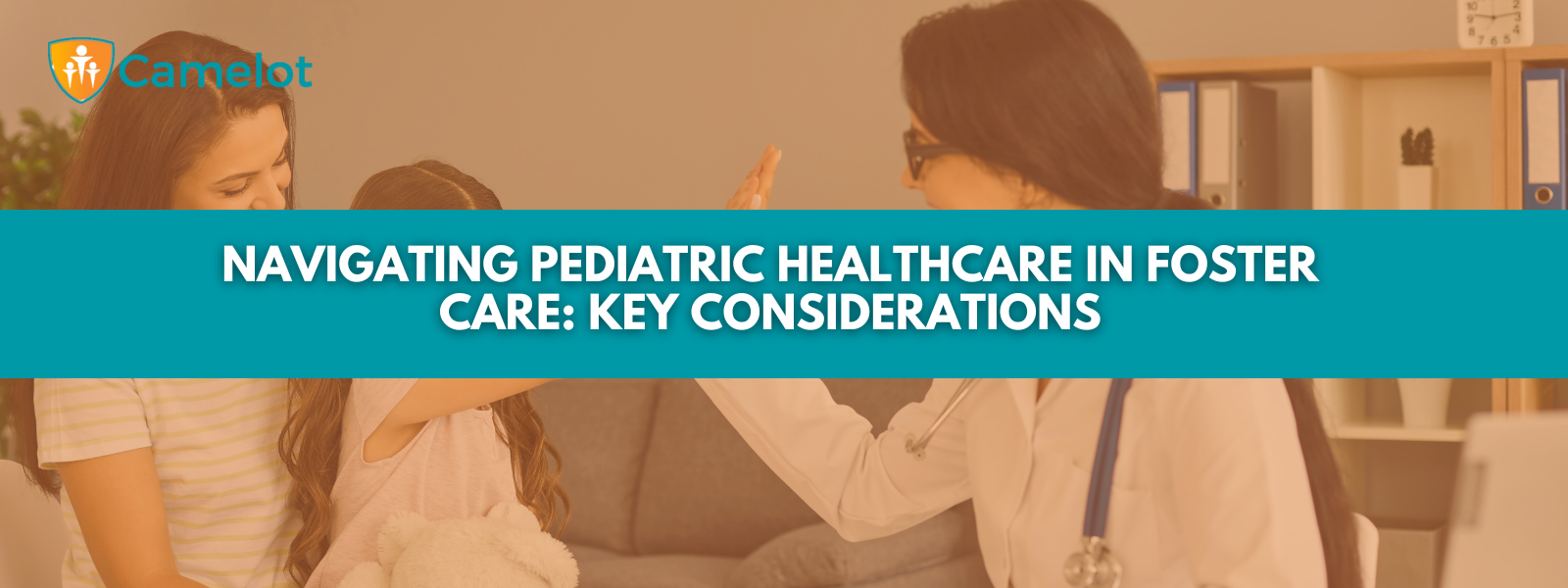
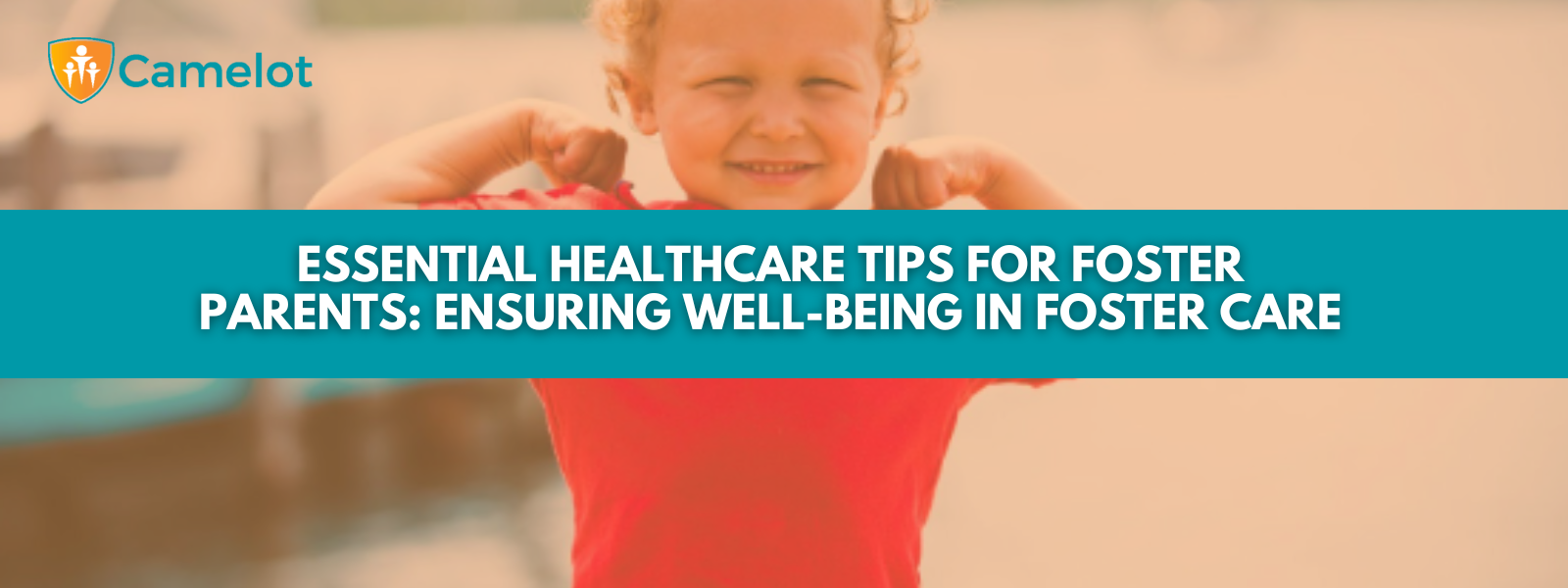
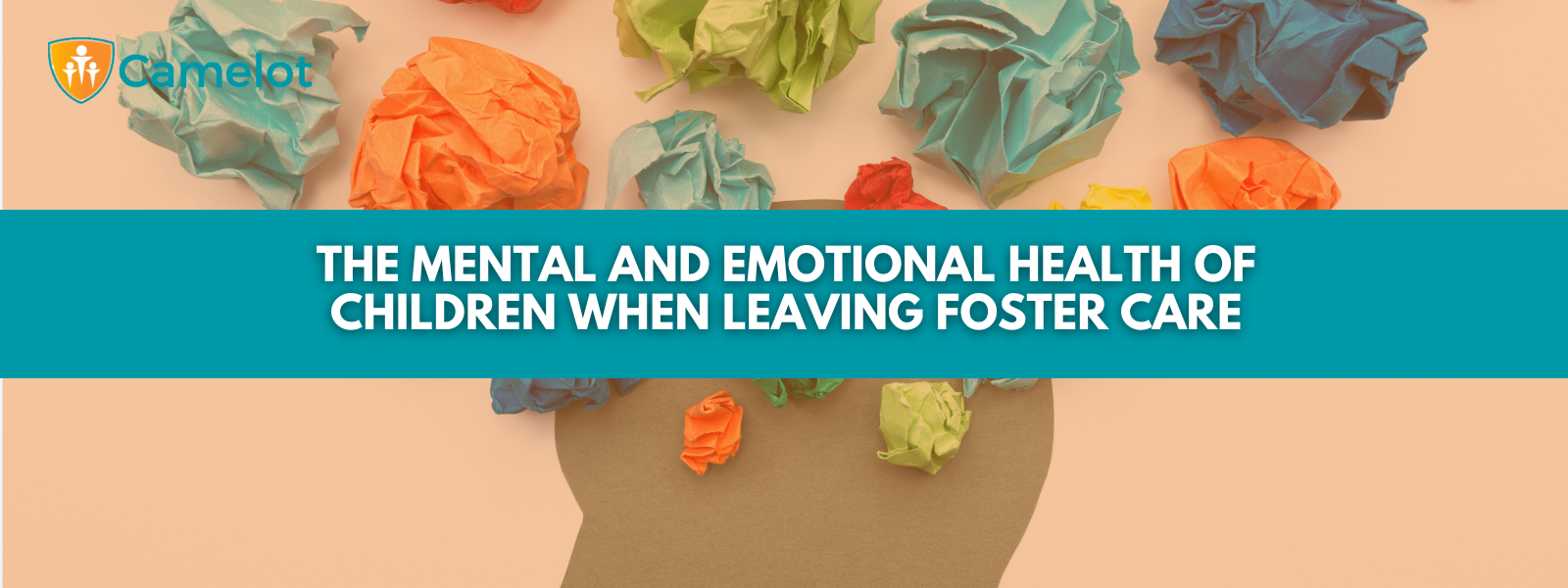
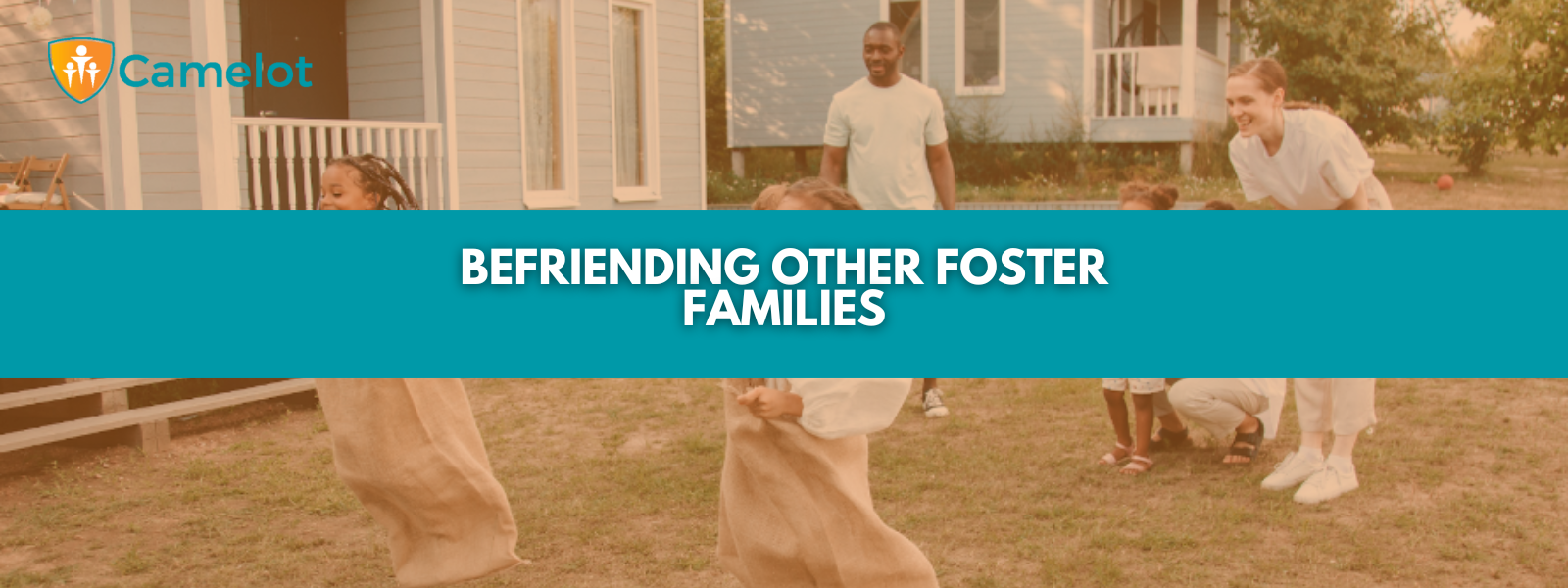

Camelot Care Centers

